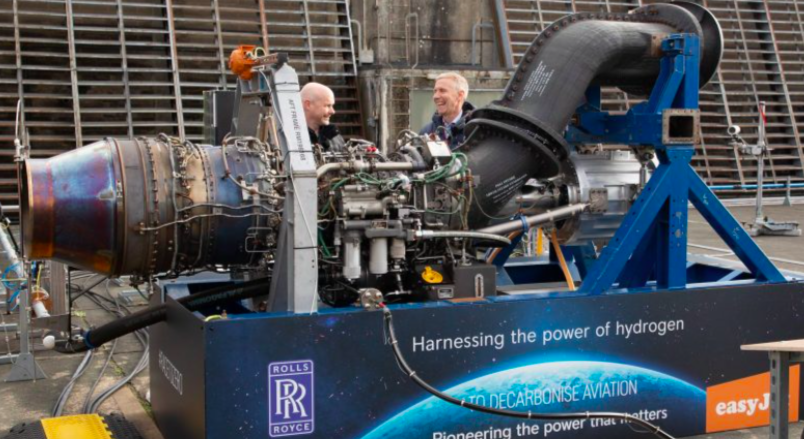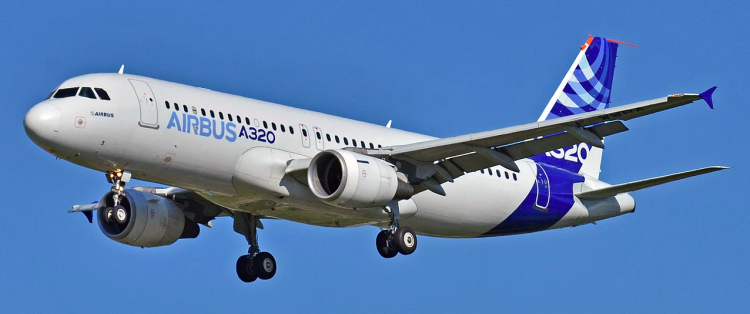Rolls-Royce successfully run an aircraft engine on hydrogen
February 15,2023

Britain’s Rolls-Royce successfully run an aircraft engine on hydrogen
The world’s first hydrogen-powered aircraft engine has been successfully operated by Britain’s Rolls-Royce, demonstrating that the gas could be essential to decarbonizing aviation.
The ground test utilised green hydrogen produced by wind and tidal power and employed a modified Rolls-Royce AE 2100-A regional aviation engine, the British business announced on Monday (28 November).
Rolls is working to demonstrate that hydrogen can safely and effectively power civil aircraft engines with the help of testing programme partner easyJet.
With the longer-term goal of conducting flying testing, they claimed to have already begun organising a second round of tests.
The CEO of easyJet, Johan Lundgren, declared: “This is a fantastic triumph for our cooperation team. Because hydrogen has fantastic potential for a variety of aircraft, including easyJet-sized aircraft, we are dedicated to continuing to fund this ground-breaking research. That will be a significant advancement in achieving net zero by 2050.
One of the many competing technologies that might assist the aviation sector in achieving its objective of becoming net zero by 2050 is hydrogen.
To test hydrogen propulsion technology, aircraft manufacturer Airbus is collaborating with French-American engine manufacturer CFM International.
In February, it announced plans to install a specially modified version of a modern engine close to the tail of an A380 superjumbo test plane.
However, the aircraft maker informed the European Union in 2021 that the majority of aeroplanes will continue to use conventional jet engines through at least 2050.
The transition to hydrogen-powered engines would necessitate a total overhaul of airframes and airport infrastructure.
The modifications in design are so significant, according to Eric Schulz, CEO of SHZ Consulting, that it would require more than one generation of aircraft to achieve them.
Other technologies supported by businesses like Rolls-Royce include sustainable aviation fuel and electric engines, which are initially appropriate for short flights (SAF).
SAF is currently generated in extremely low amounts, but it can be blended with conventional fuels in engines that are already in use.
To know more about Best Aviation Academy in Chennai visit https://www.worldptc.com/
